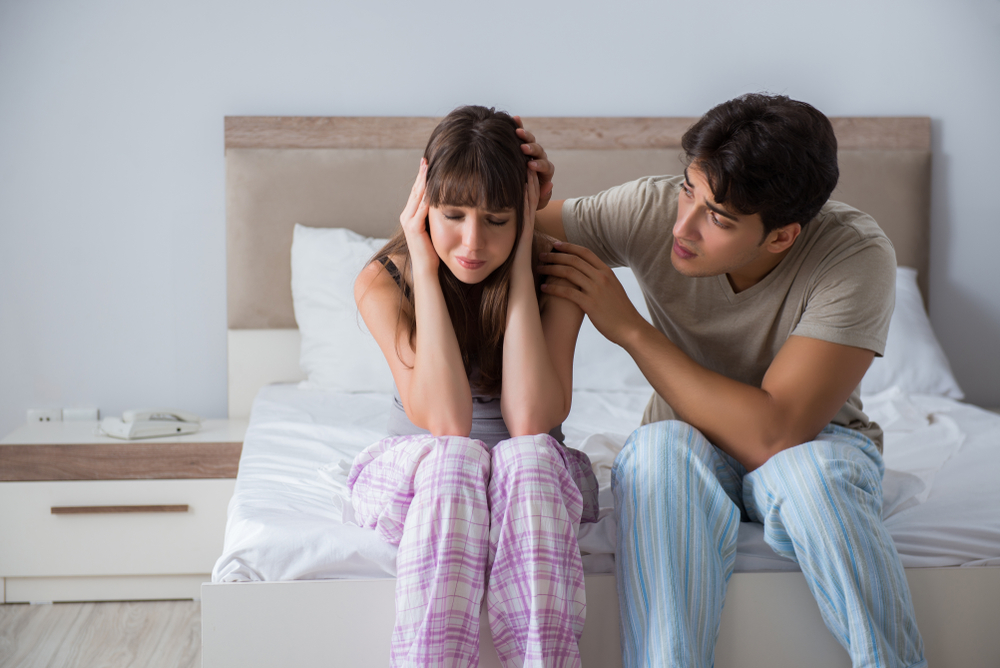
Probably not in the woman, which is not heard in his address: “are You sulking? PMS or what?”. Tell what the animal is and whether or not the girls once a month turn into raging Berserkers.
1. PMS – that’s not monthly
PMS is premenstrual syndrome. As you might guess from the prefix “pre,” he appears before menstruation: usually 2-7 days.
2. It is not only hormones (or not in them)
This phenomenon is still poorly understood: up to the 1930s, scientists for some reason not at all interested PMS. So a consensus of the scientific community has not yet come.
On the one hand, experts from Canada and New Zealand conducted an analysis of 47 scientific articles, and found no evidence of the existence of premenstrual syndrome. They came to the conclusion that poor health and mood swings due to hormonesand menstruation expectation and confidence that they have PMS.

Psychologist Robyn Stein Deluca believes that this is largely a social phenomenon. In Western culture women are not allowed to show aggression or bad mood, so the manifestation of these emotions is delayed until the “permitted” time – the week before the start of the cycle.
On the other, some researchers believe that the syndrome is still linked primarily to hormonal changes. It is a fact that animals also have PMS: female monkeys before menstruation a more aggressive and eat more than usual. Besides, during pregnancy in women, the syndrome disappears.
3. PMS can develop into a mental disorder

Premenstrual dysphoric disorder (SDD) is described in the reference mental disorder code DSM-V. According to various estimates, the disorder is found in about 3-8 % of women.
The symptoms of da is very similar to how the representative of Western culture would describe PMS: mood swings, depression, aggression, conflict, irritability, anxiety, fatigue, increased appetite, sleep problems, muscle and headaches.
If you have noticed at least 5 of the symptoms, you should consult a doctor. In Russia, the da is not considered a mental disorder, but the doctor may prescribe hormonal drugs and antidepressants.
4. You can alleviate the symptoms

In recent years there have been many studies devoted to the question: how to relieve PMS? And yet there is no single answer. Since 1999, it was believed that vitamin B6 helps, but in 2015, these data have been refuted. In General, physicians give the following recommendations:
- To reduce the level of stress. Resident of large cities suffer from the syndrome more often than girls from the villages, and for working more than Housewives;
- Taking oral contraceptives (but only on medical advice);
- Go to fresh fruits and vegetables, eliminating from the diet of fatty and spicy foods. In the journal of Nutrition published an article in which it is reported that this will help to ease the symptoms of PMS;
- Sports: moderate exercise reduces pain and irritability.
In the article “7 signs of a good doctor,” we show you how to choose a specialist who will help to cope with the problem.
